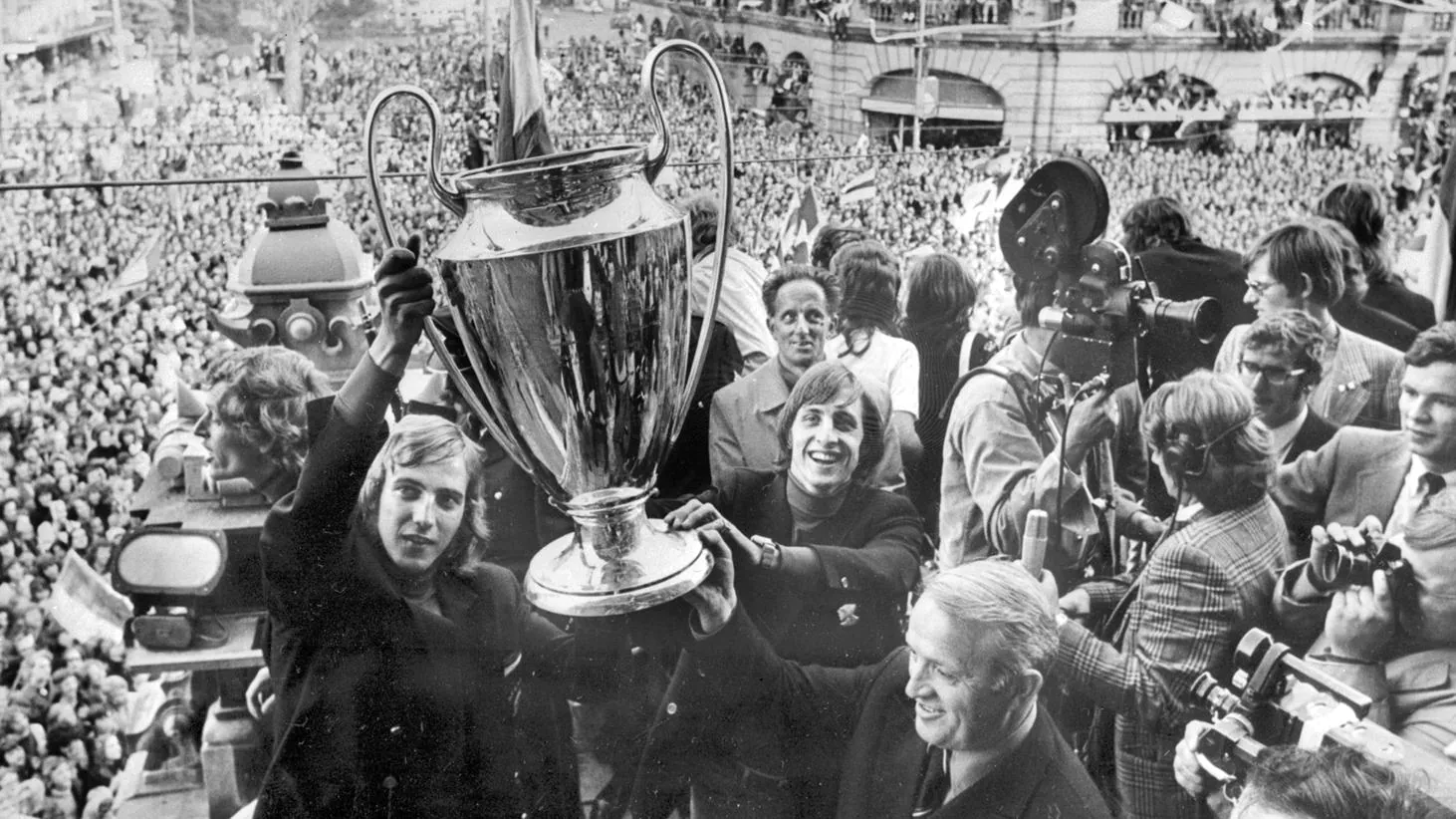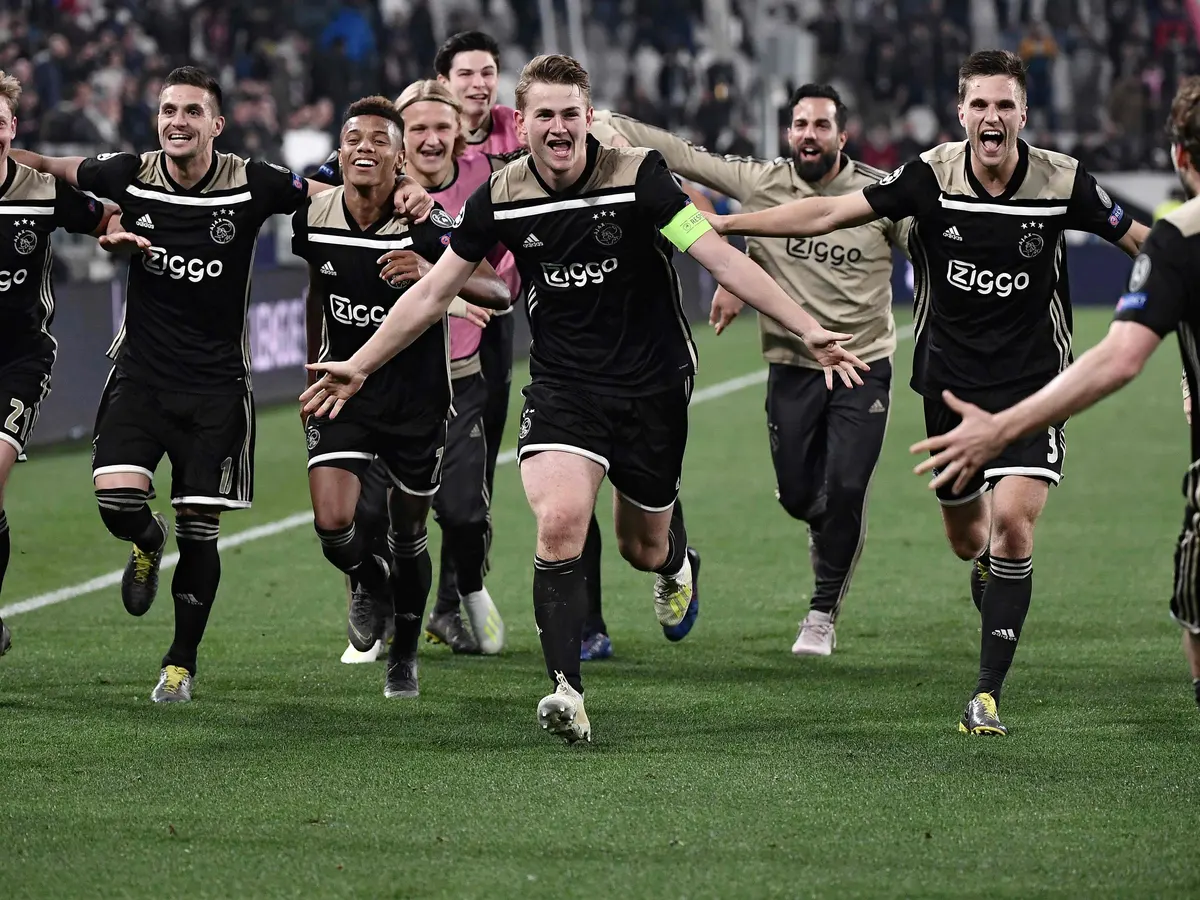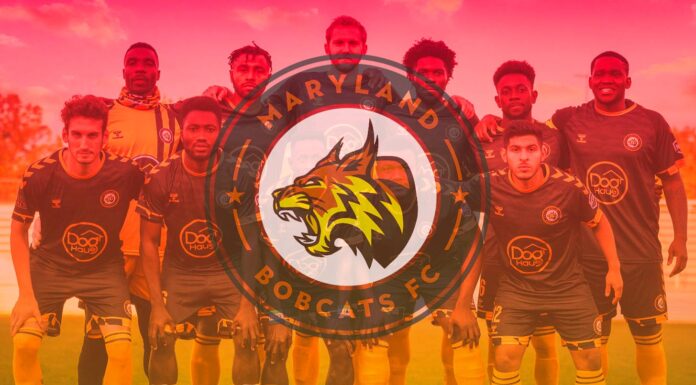With a new Champions League group stage spot to its name, the Eredivisie is riding high. We take a look into the league’s return to prominence in European football.
A couple of weeks ago, an action movie-style trailer surfaced from the official account of the Eredivisie featuring a mafia-style meeting and briefcase handover. The setting was eerie, the mood dark. The ending juxtaposed this, with a lighthearted exchange of UEFA Champions League qualification spots and the message that the Dutch top flight had surpassed Portugal’s Primeira Liga in the official UEFA coefficient rankings, making it the sixth-ranked league in the continent. A sad day for Portuguese football fans, I imagine.
View this post on Instagram
From this comes more Champions League group stage spots, with the top two Eredivisie finishers now automatically qualifying.
The coefficient ranking works based on a points system and a set of mathematical sums that is better explained here. Simplified, however, performances of teams in European competitions determine how many points a nation gets and thus, determines the rankings of each. The Netherlands has seen an increase in the performance of clubs in Europe in recent years, but they’ve also seen a large fluctuation in ranking positions for a while, sometimes even dropping out of the top 10.
The English Premier League is often looked at as the pinnacle, usually justified, in parts, by a totally biased outlook. There’s no denying it, the Premier League is the best in terms of status, but the frustrating aspect of English football culture is the overarching dismissal of other leagues.
For years, people hounded Serie A. Ligue 1 is regularly called a “farmers league,” whatever that means. And the Eredivisie has never been in the conversation, apart from the standard discussion points of the phenomenal development academies present in many Dutch clubs, and whether or not an English club can come along and pillage them (more often than not, they can). Their academies are great, yes, but Dutch football clearly has a lot more to offer.
Around 10 years ago, the Dutch league was excruciatingly close to falling into the depths of irrelevancy on the global football radar, with the quality at an all-time low and the numbers following suit. The league was dwindling with a lack of Dutch representation in European competition knockout stages, and the signs of interest in what is a superb football nation were crumbling.

In the 1970s, Dutch football was at the forefront of world football with superstar players, an extraordinary approach to football philosophy, and a dominant team in Ajax, who won multiple European Cups. You don’t even have to go back that far for Dutch success in this stage, as Ajax defeated Milan in the 1996 final with a goal from Patrick Kluivert.
That final was the last time a Dutch team reached one in the Champions League. Feyenoord won the UEFA Cup (now known as the Europa League) in 2003 and Ajax reached the 2017 final where they faced Manchester United and lost. Outside of those moments, Dutch football has struggled to stand up against the English, Spanish, German, and Italian dominance of European football over the past 25 years.

However, after Ajax’s performance in the 2018-19 Champions League tournament, where Erik ten Hag took a group including Frenkie de Jong, Matthijs de Ligt, and Hakim Ziyech agonizingly close to a final, Dutch football has seemingly seen a mini-revival.
I won’t sit here and tell you that the Eredivisie is the best league in the world and that you should all watch it week in, week out. It’s not. But what this climb in rankings suggests is that the league has turned a massive corner in recent years, and its game has improved after a tumultuous 21st century for the Dutch game. It opens the door for even more debate though, about money, power, and mismanagement at the top level. There’s a gulf between the Premier League and the rest at the moment, with leagues like Serie A and La Liga suffering massively.
This is nothing but a positive for Dutch football, which has such a beautiful approach to the tactical side of the game in Total Voetbal and has a rich history of producing incredibly talented players like Johan Cruyff, Marco Van Basten, Ruud Gullit, and even more recently, Arjen Robben, Robin Van Persie, and Virgil van Dijk. I think it will be a long time until we see the top five penetrated, but the Eredivisie has definitely turned itself around and is starting to see benefits.








